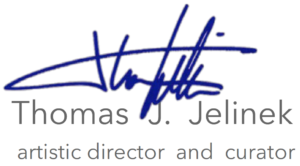
F L U V I A L E – ALONG the LINE
by Thomas J. Jelinek
An exploration of the present along an intersecting line
We are at the beginning of a long journey – with the project platform of the FLUVIALE mobile festival, but also thematically and metaphorically, looking at the current processes on our planet.
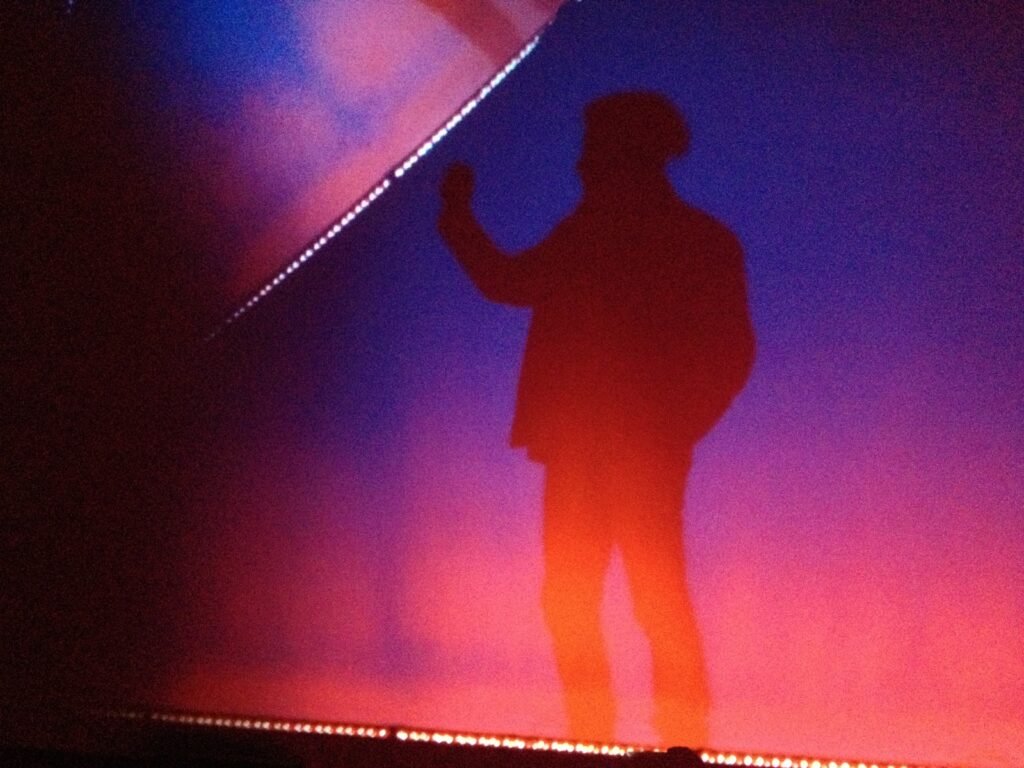
We are currently experiencing the most radical upheaval in known human history. For the first time, the survival of our species is no longer guaranteed. We, the human race, are, in a sense, thrown back on ourselves and faced with an extreme convergence of complex problems. First and foremost is the threat to the planet’s biosphere, including the humans who are symbiotically connected to it. Despite growing global awareness and the adoption of practical measures, it continues to be aggressively attacked. The main factors are entrenched power systems, the cancerous development of the economic system known as capitalism, but also political and bureaucratic legal systems and obviously disturbed but rich and influential individuals.
The radical changes in social and technological living conditions are accompanied by destructive political processes and absurd, chaotic events which characterise the crisis of our present. There are indications of a radical collapse of the prevailing power-economic system, which could also lead to a dangerous situation. The upheavals are therefore of tectonic proportions.
Not only despite this bleak horizon, but precisely because of it, we want to generate, identify and highlight positive processes and narratives from an unvarnished analysis and stimulate public discourse. We want to sketch out short scenarios in which we see the sun rising again on this very horizon. The aforementioned collapse of the system of rule also leaves room for hope for a positive development for humanity. Of course, this cannot be achieved without active commitment and differentiated knowledge of the parameters and processes involved.
The topics listed are therefore wide-ranging, but in my opinion they must be considered together in order to achieve useful results. In order to deal with these virulent issues, art can create the poetical or aesthetic distance, to enable us to carry out processes of analysis, reconstruction and simulation, and to translate them into a public language and signs – which has its equivalent in science through analytical distance. At this level, art and science can be linked in ways that go beyond mere illustration or explanation and create a collaborative field that has not only been successfully proven on a broader level by industry and research institutions, but above all makes processes observable and simultaneously tangible, which can counteract the isolation of knowledge from public and media discourse.
It is about processes, movements, dynamics and currents. The first MEDIA-ART-LAB in September and November, under the umbrella title – STREAM.fields – the aspects of visible and traceable flow patterns – but also the flow fields of physics – in geology, hydro- and aerodynamics in climate research and meteorology, but also in socio-political analysis, which can be drawn both metaphorically and, in many cases, actually seriously.
As readable traces of past, but also emerging present dynamics and currents.
The overlapping research projects and fields of research in socio-political, in most cases, of course, do not claim scientific accuracy, but in their artistic implementation, performative and technical simulation, they are vivid and tangible and are intended to provide tangible references and impetus for further developments and public discourse, including in the form of discussion rounds and artist panels hosted at the lab. camp during the STREAM.fields.
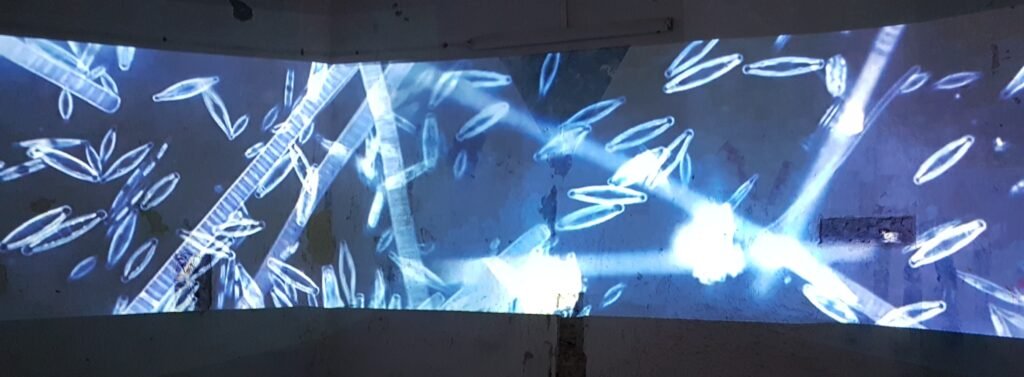
In this context, art can, generally speaking, take on and utilise cross-disciplinary and cross-border perspectives that are not possible in science. By creating visible and tangible patterns of artistic congruence and currents in the form of artistic works, media and art installations, performances and recorded research processes, essential impulses can be set not only in an aesthetic, poetic sense, but also in the context of creative development processes in fields that extend beyond art.
The most significant feature of the FLUVIALE is its mobility.
With the FLUVIALE, modules move along the 4,000 km route and communicate with the changing contexts. Artists travel, exchange ideas and art projects migrate and are realised in various collaborations across borders and sent on their way. We want to invite you, as audience and interested participant of the processes of the FLUVIALE to travel with us and accompany us for a part of the journey.
One aspect is that movement and travelling are also inner discoveries, practical learning and the development of new perspectives, which, by broadening the horizon, initiates understanding and an expansion and differentiation of the world view.
Some project modules will actually travel the entire route, such as the “water migration” performance MISU by Aiko Kazuko Kurosaki, but the entire festival will also develop like a journey through the regions and climate zones of Europe. Where, for example, the water surplus in the north and the water shortage in the south in Sicily, seen side by side, make current climate processes tangible.
We need to understand that we humans, the most successful species on the planet, are a migratory species. Now we are even migrating into space in a relevant scale. Through space travel we learn explicitly how dependent we are on the biosphere, other living creatures animals, plants and microbes and viruses, that we cannot exist without the interaction with microbiomes. The proof of not living in but being a part of the habitat.
So we need to understand the migration processes and “flow lines” at the same time as the consequences of drawing lines – interfering with the biosphere, the planetary and universal processes. On this line knowledge, desires and the urge to solve existential problems come together. To balance these important parameters is one of the guiding parameters of the project and the mobile festival. This aspect also gave the project its name, which in the very beginning was initiated by the artist Gertrude Moser-Wagner gathering a small group of interested fellow artists who formed the board with which I now have the privilege of collaborating. Together, we have developed the festival to its current form. Of course, the process is not complete and will remain ongoing.
But travelling also has the nimbus of the subversive, especially for the defined sedentary societies, who claim territories as property and tend to perceive travellers and wayfarers as a potential threat to their established order and arrangements. In times of radical change and crisis, these old conflicts tend to erupt more intensely. Against this present backdrop of the recurring geopolitical power conflicts and covetousness that are flaring up, which are based on the history of the last 2000 years, we contrast with the view of 30,000 years of human history in Europe.
To move along a line in space – as in the FLUVIALE along a geographical line – means also moving on a time-line.
For the first issue of the FLUVIALE we have chosen the point of appearance of the first art objects and artefacts of human culture, as the starting point of the time axis. The journey begins about 30.000 years ago in the centre of the line drawn from south to north around Mikulov. A region of Europe, where artifacts of human life in the form of works of art and tools where found, like the so called “Venus of Willendorf” or the even older “Venus” of Dolní Věstonice just a few kilometres north of Mikulov. A region which had civilisational life continuously for more than 30.000 years, due to particularly favourable soil and climate conditions and history of numerous migration lines crossing our project line mainly from east to west.
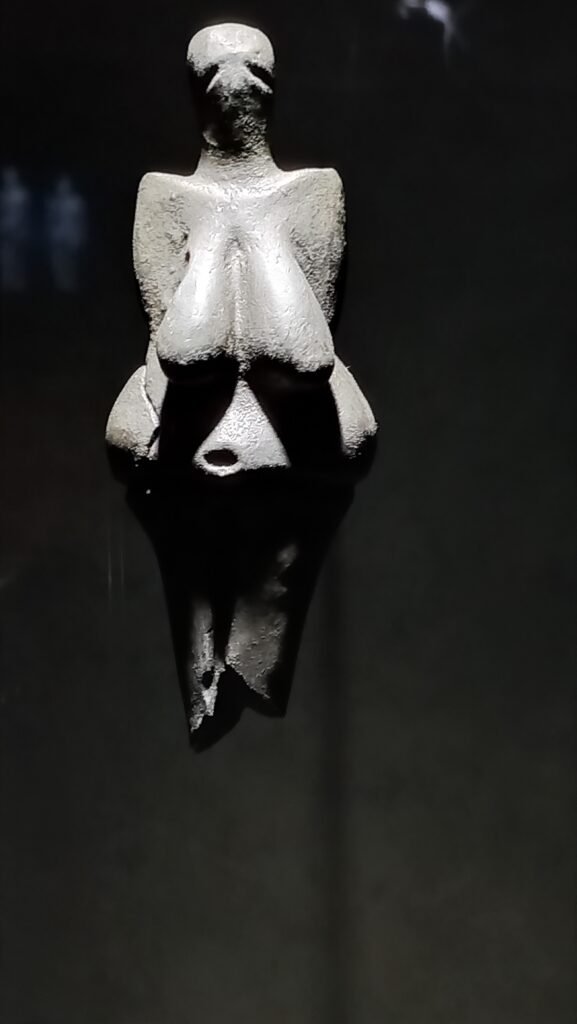
The fact that the term Venus originates from the patriarchal dominated world view of the nineteenth century, which is interpreted quite differently by the findings of our present day, should only be mentioned here in passing, as one outlook on the coming discourses of the FLUVIALE and example on the fundamentally changing world views, also triggering conflicts that arise in the present.
Of course, only a few exemplary topics and processes can be taken out of this overwhelming thematic selection and translated into simulations and discursive and artistic processes, but it is also much more about the impulses that can be triggered by such projects and discussions in the immediate and networked environment and contexts. Just as we want to offer a communication and discussion platform over the entire period of the active FLUVIALE, which will also accompany the festival and the projects as an analytical tool.
Finally, however, the FLUVIALE is a platform for enjoyable discoveries and the opportunity to participate in changing processes and simulations and to experience and help shape exciting discourses alongside an ambitious artistic programme.
I am looking forward to meeting you and all interested people, artists, audience, researchers and experts, at some of the places and venues, in the real time simulations, performances, exhibitions, project presentations, public discussions and openings, or one of the parties ALONG the LINE.
